DBBS offers exceptional doctoral training at one of the nation’s preeminent biomedical research centers. Organized into 12 academic programs — each representing a different scientific area — you’ll learn to conduct collaborative science from the beginning of your career and be part of research that makes a difference.
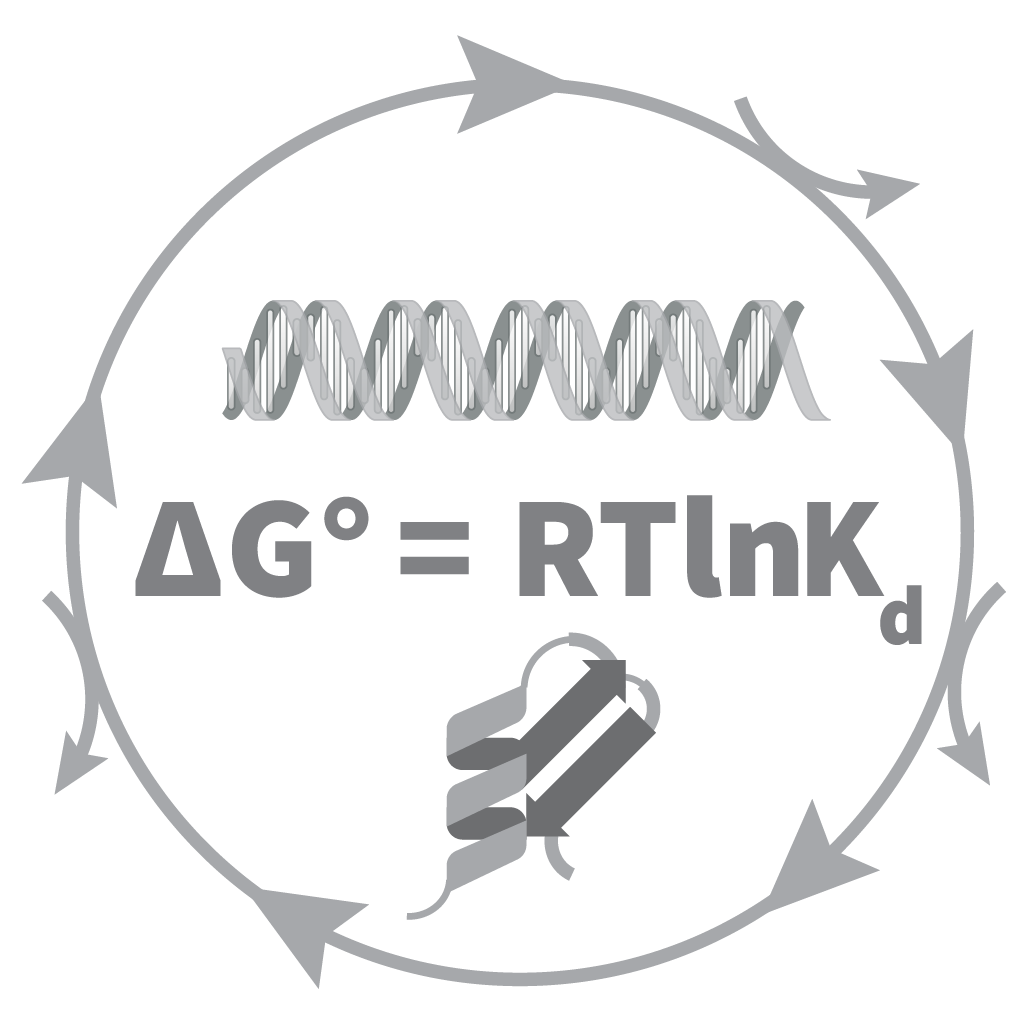
Biochemistry, Biophysics & Structural Biology
Explore biological systems ranging from single molecules to whole organisms at the level of chemical transformations and molecular interactions. As a student, you’ll address diverse biological questions that include host-pathogen interactions, cancer-related biochemical pathways, membrane protein function and nucleic acid metabolism.
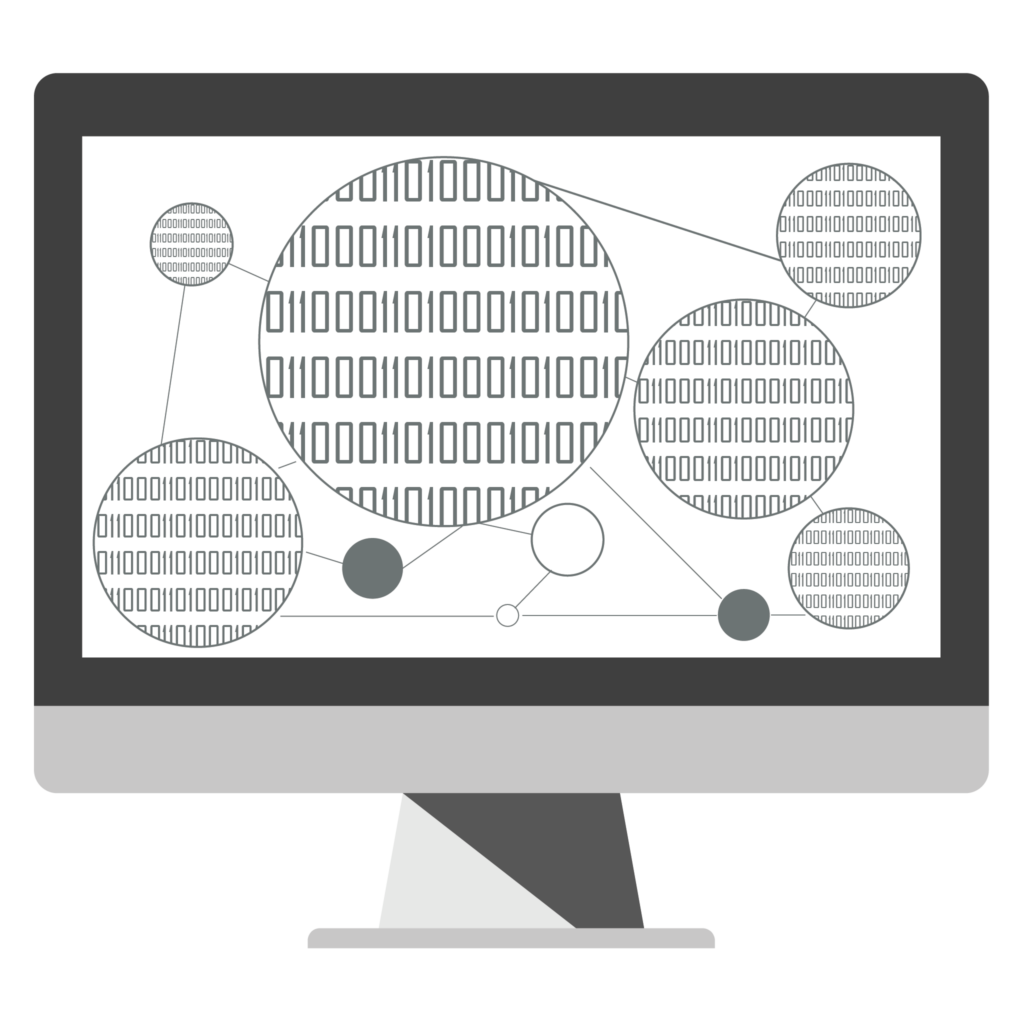
Biomedical Informatics & Data Science
Expand your knowledge in data science theories and applications in biomedical informatics and apply your skills in translational science and real-world problem solving. Throughout training, you’ll interact with patients, providers and the healthcare data ecosystem in addition to working at the bench.
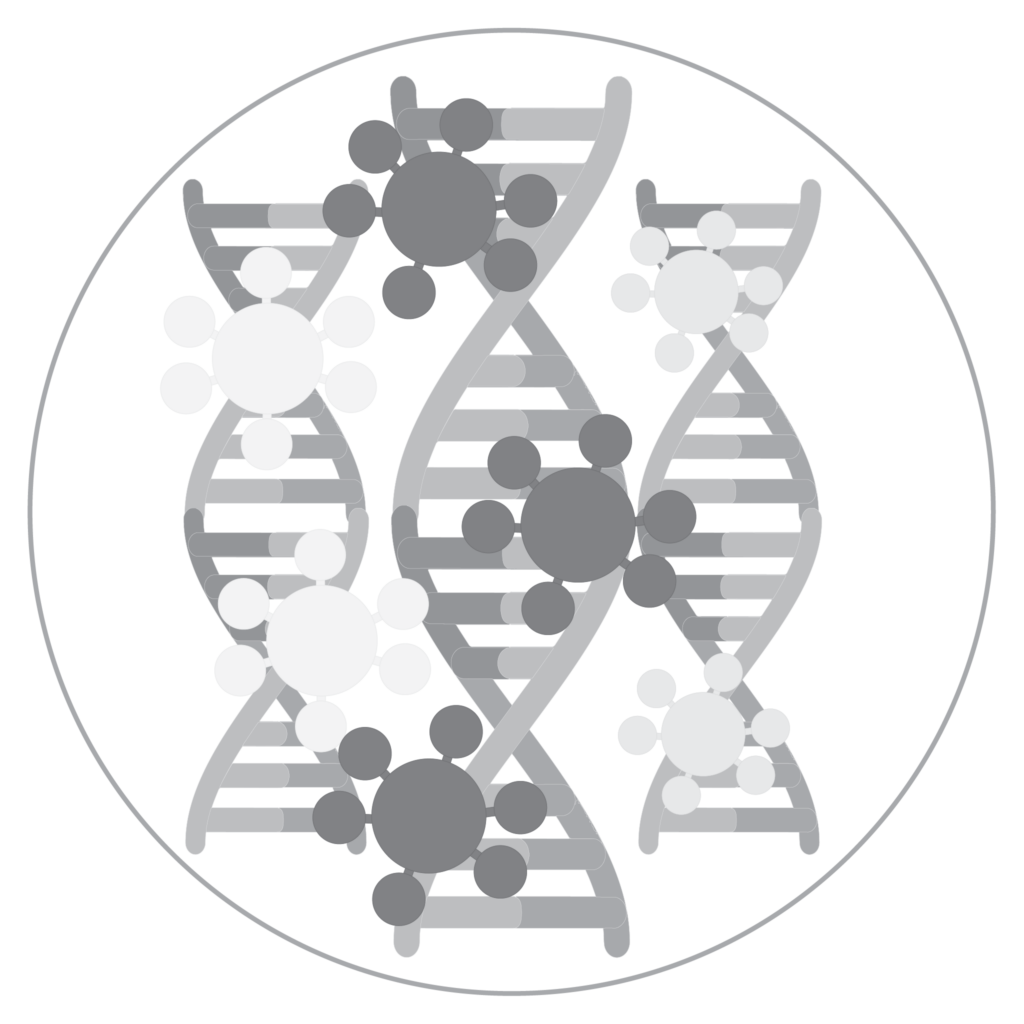
Gain the education and training you need to make significant contributions to the field of cancer biology, both in the laboratory and the clinic. Spanning many disciplines, the program exposes you to the full breadth of cancer biology while allowing you to immerse yourself in a specific dissertation topic of your choice.
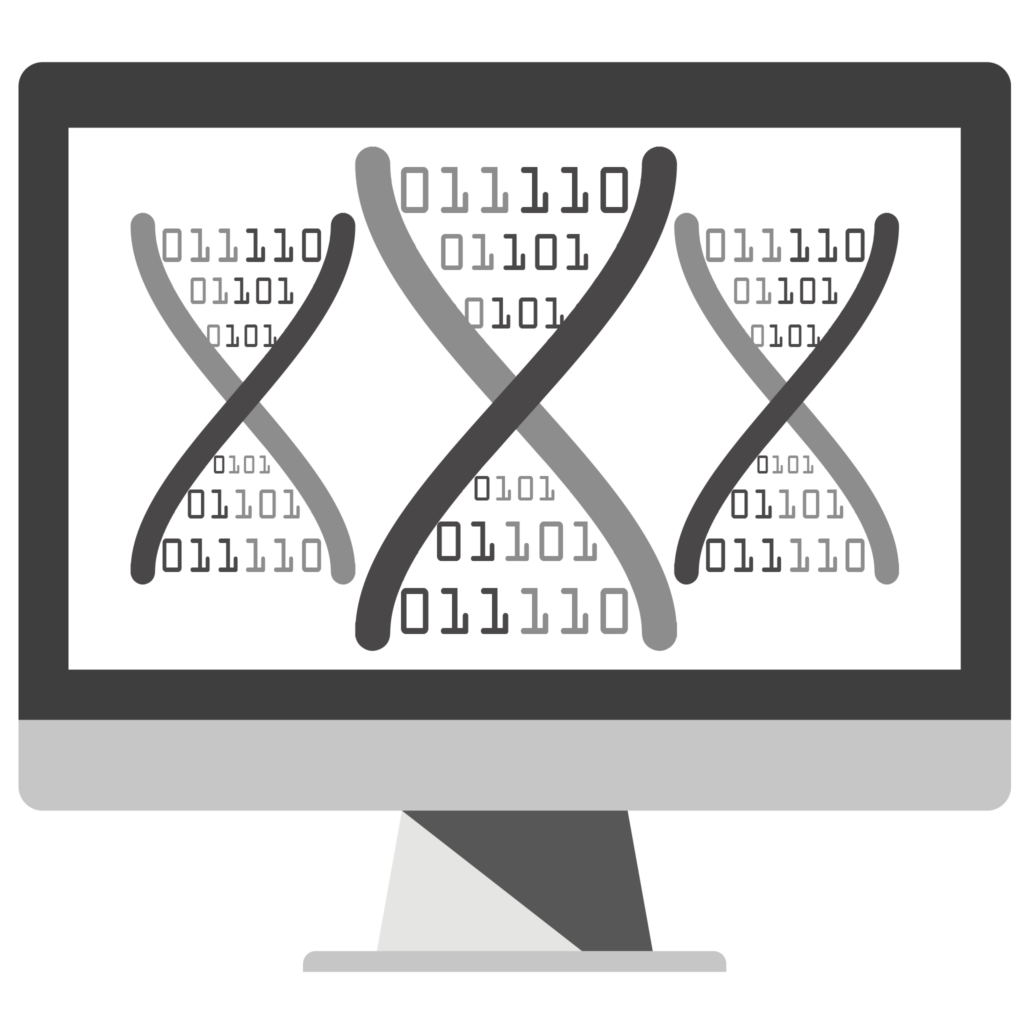
Computational & Systems Biology
Become an expert in technology-intensive, quantitative, systems-level approaches to molecular biology, and apply these approaches to unraveling the complex genetic circuits that control the cell and understanding the genetics of human disease. By graduation, you’ll be as comfortable operating the latest high-end instrumentation as you are manipulating the mathematical formalisms that are required to make sense of your data.
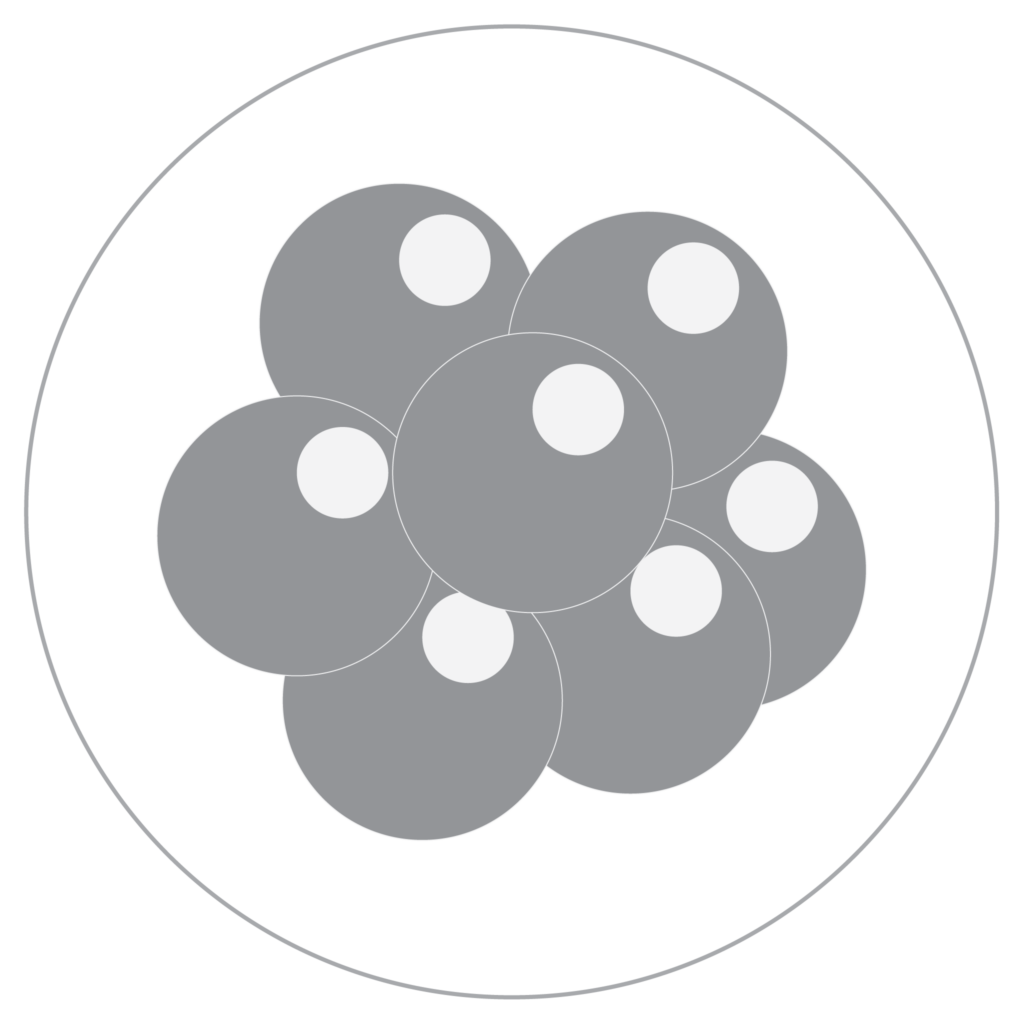
Developmental, Regenerative, & Stem Cell Biology
Employ a combination of genetic, cytological, immunological, microsurgical and biochemical approaches to examine molecular mechanisms and fundamental problems of development in a wide range of model systems. The program covers topics beyond the traditional view of developmental biology, including aging, cellular reprogramming and stem cell biology.

Ecology & Evolutionary Biology
Explore the ecological and evolutionary processes that create and maintain biodiversity. The program combines field studies with biogeographic, computational, molecular, statistical and theoretical approaches to gain an understanding of the ecology and evolution of populations, communities and ecosystems.
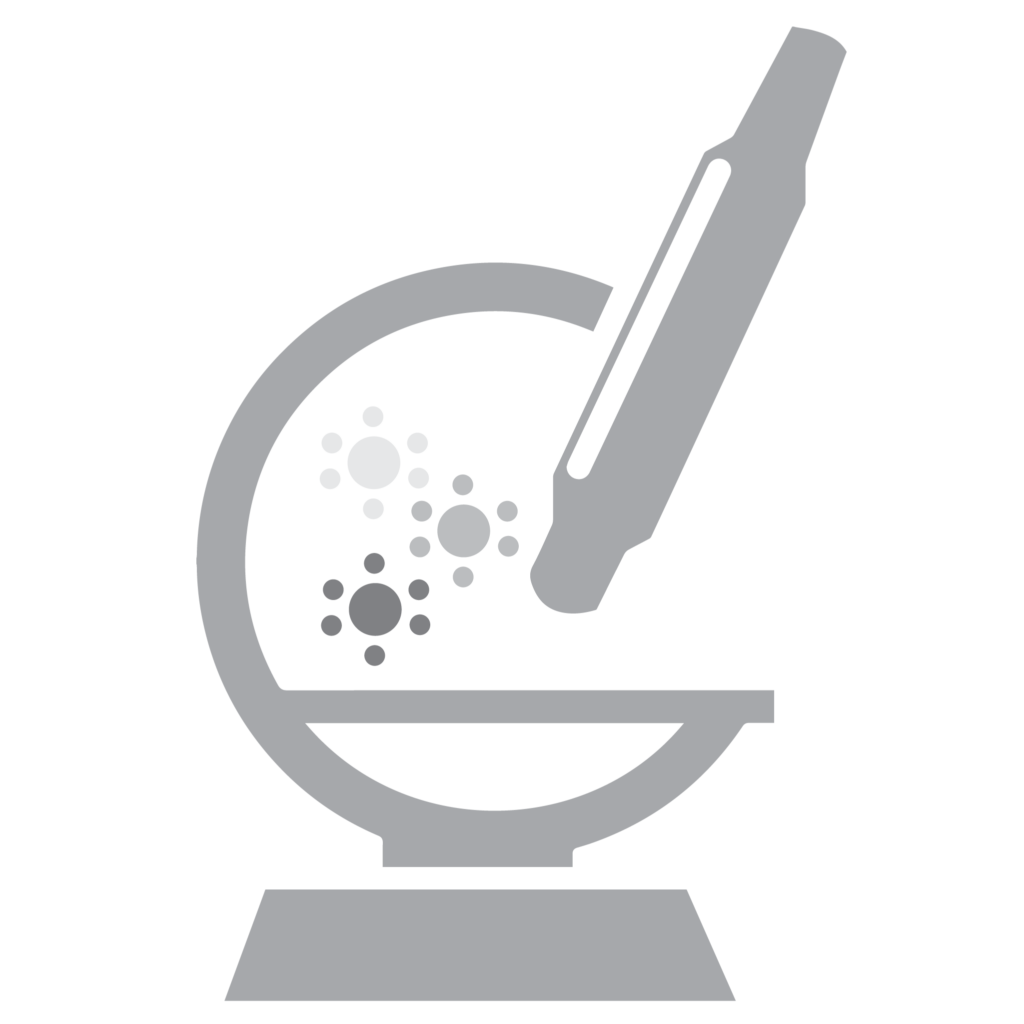
Develop specialty expertise in immunology as well as basic knowledge in several emphasis areas with broader applicability within the interdisciplinary and rapidly developing field. With 50 laboratories, DBBS offers one of the largest and most diverse immunology programs in the nation.
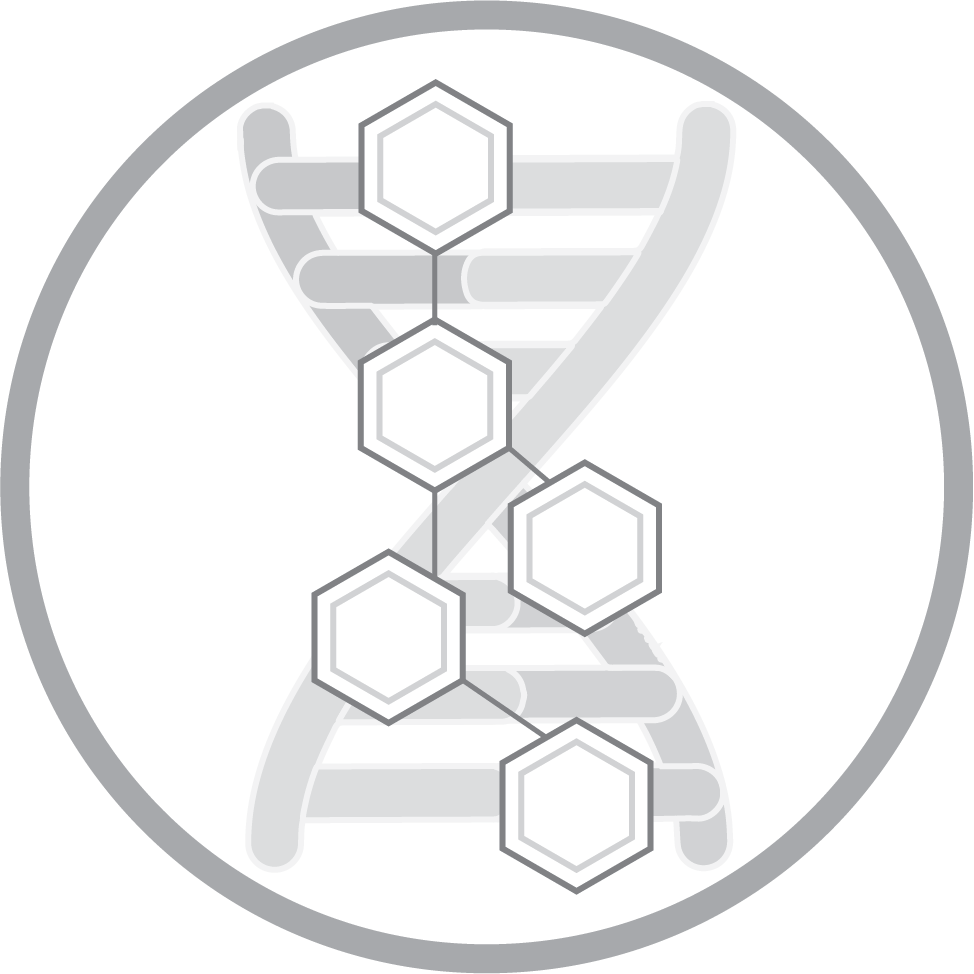
Investigate many fundamental cell processes and the mechanisms that control them — from gene expression to cell cytoskeleton, motility and chemotaxis to pathways for the trafficking of molecules into and out of cells and much more.
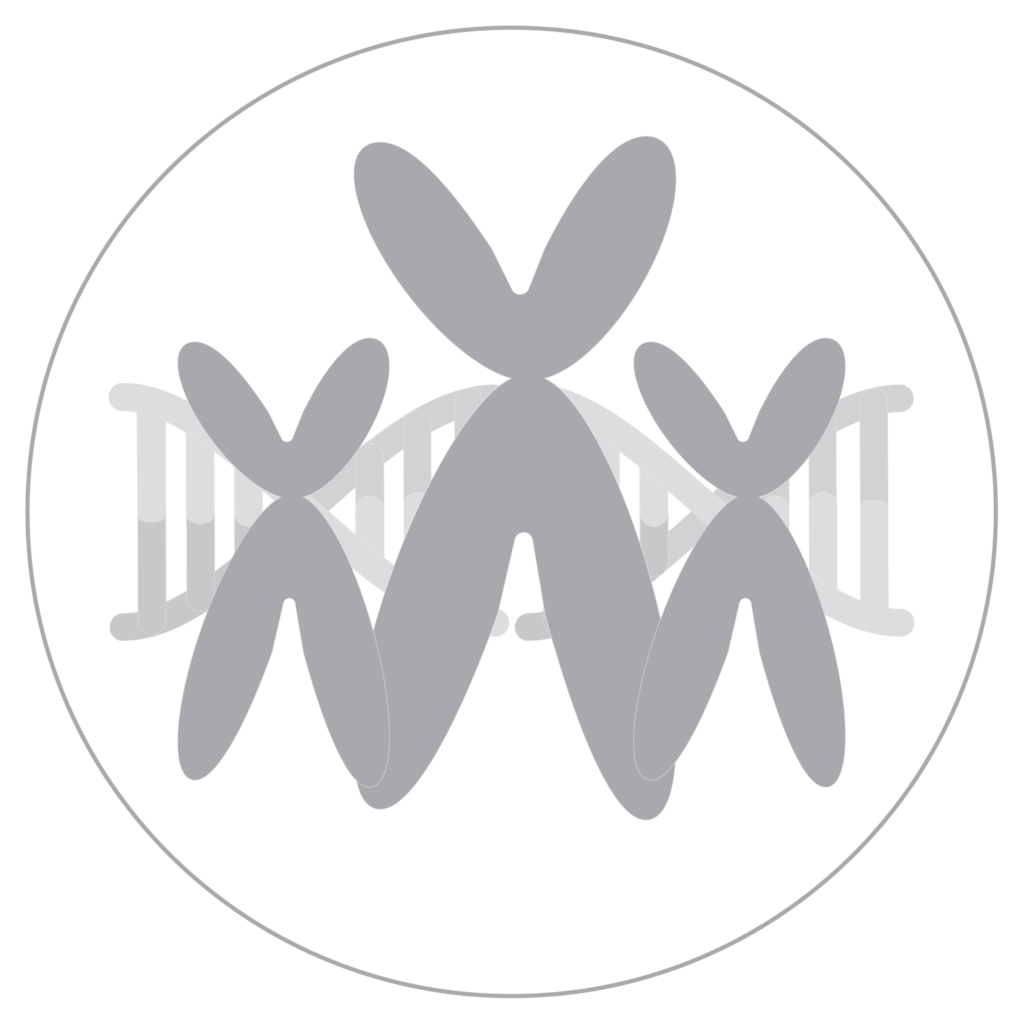
Build on the success of the field of genetics and genomics to understand how genes are inherited, modified, expressed and regulated. Using a variety of model organisms, you’ll apply genetics and genomics to the study of human biology and disease, ensuring translational relevance.
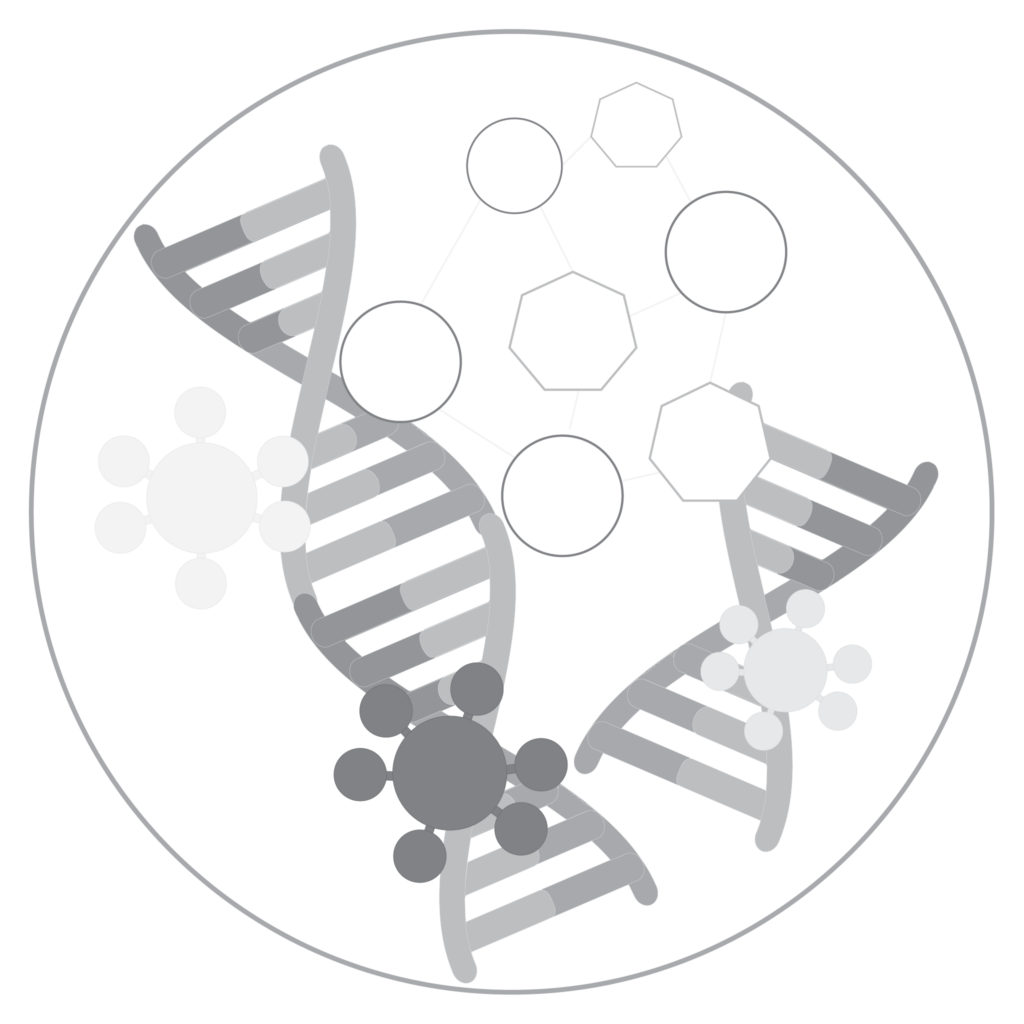
Molecular Microbiology & Microbial Pathogenesis
Utilize cutting-edge approaches to understand the basic biology of microbes, their interaction with the environment and, in the case of pathogens, the disease they cause.

Become part of WashU’s rich tradition of leading fundamental research on the brain. With a large and interactive faculty studying almost every area of modern neuroscience, you’ll be exposed to a wide range of current neurobiological problems and approaches, helping you find your niche.
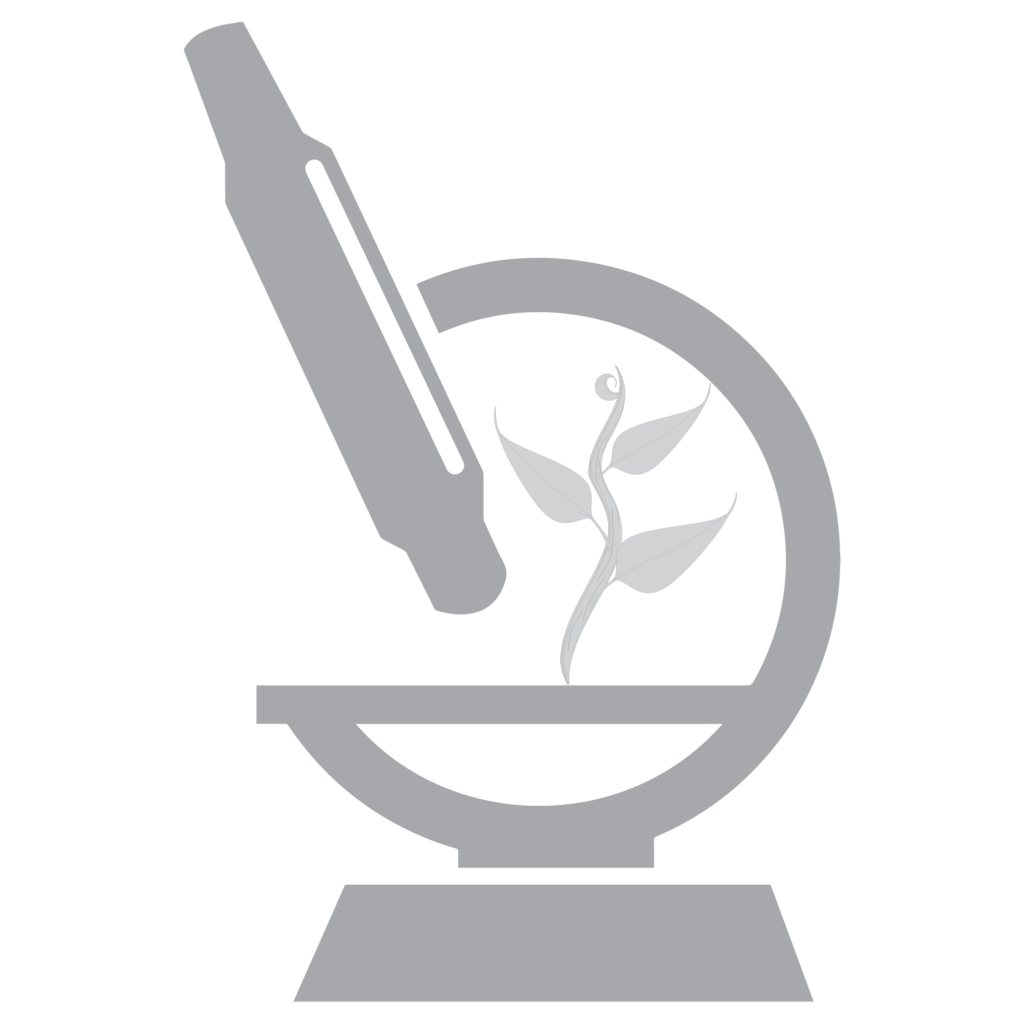
Use prokaryotes, eukaryotic microbes, mosses and vascular plants as experimental organisms to address fundamental and applied biological problems. At WashU, you’ll have unparalleled opportunities to pursue multidisciplinary training in genetics, biochemistry, cell biology, development, molecular evolution and physiology.
Prospective students apply to the Division rather than to an individual program. During your training, you’ll have the freedom to explore many areas of research and may change your program affiliation as your interests develop.
Faculty members from more than 30 departments across the university contribute to your admission, teaching and research training. In addition to a less than two-to-one student-to-faculty ratio, each program has its own steering committee to provide you with personal, hands-on attention and mentorship. Steering committee members are knowledgable of the broad range of available opportunities and work with you for the best match of interest, aptitude, program and course of study.
Each of the 12 programs establishes its own requirements for earning the PhD degree, and progress toward the degree is monitored by the program steering committee. The PhD degree is conferred by the Washington University in St. Louis College of Arts & Sciences Office of Graduate Studies.